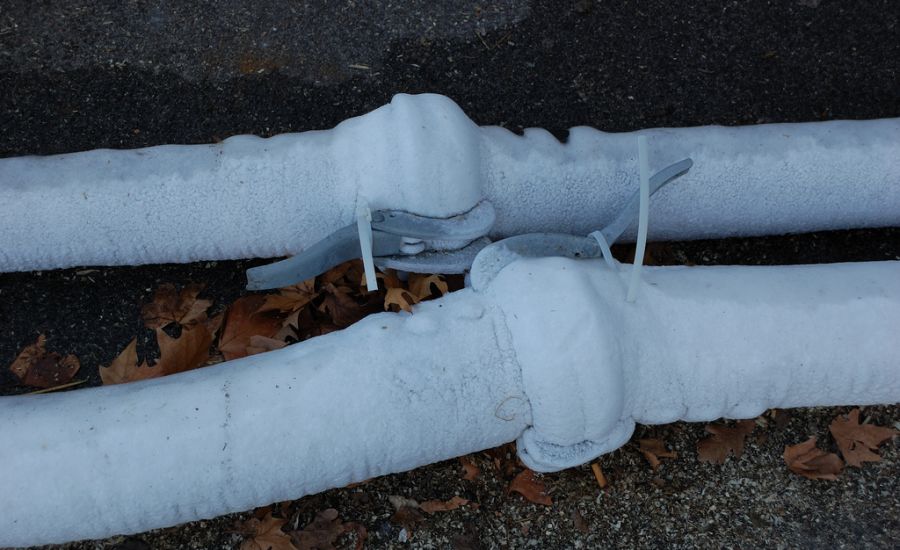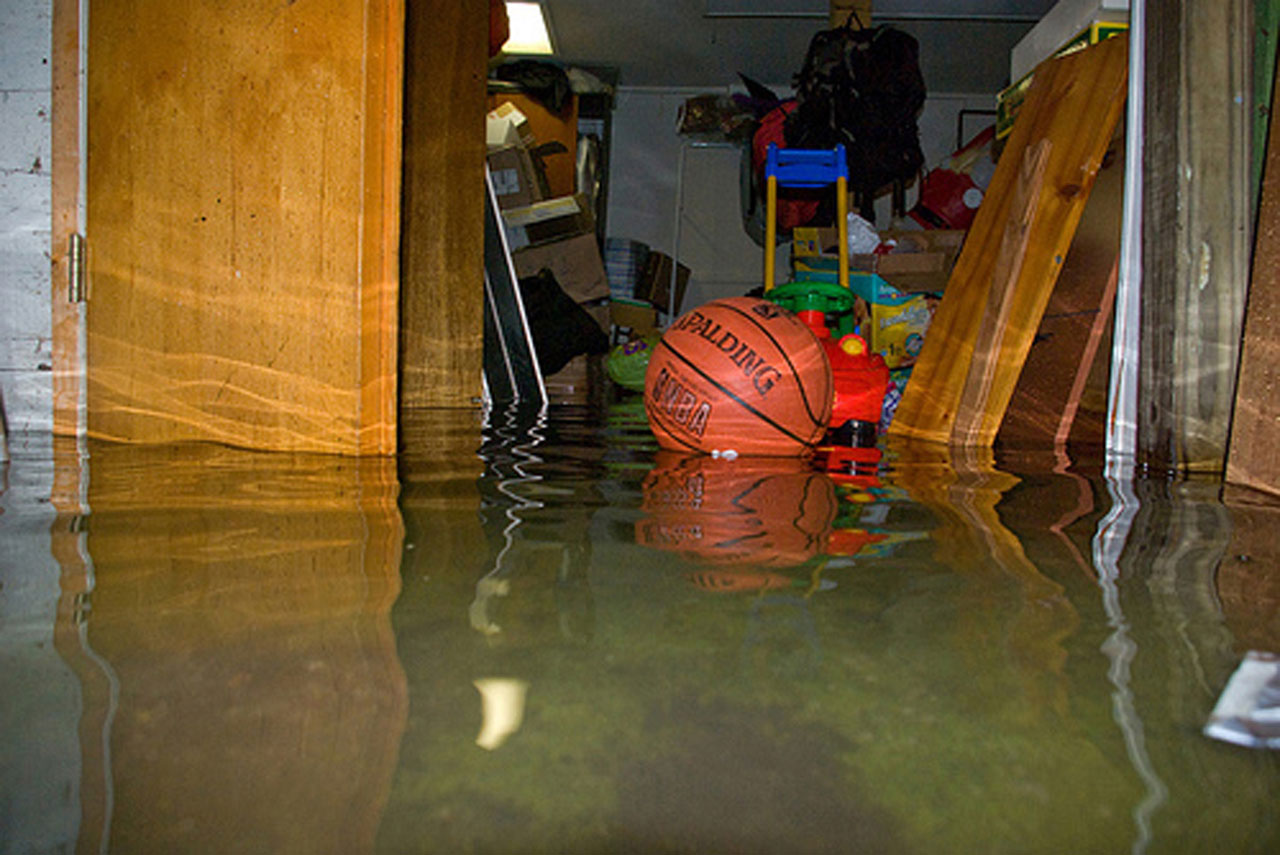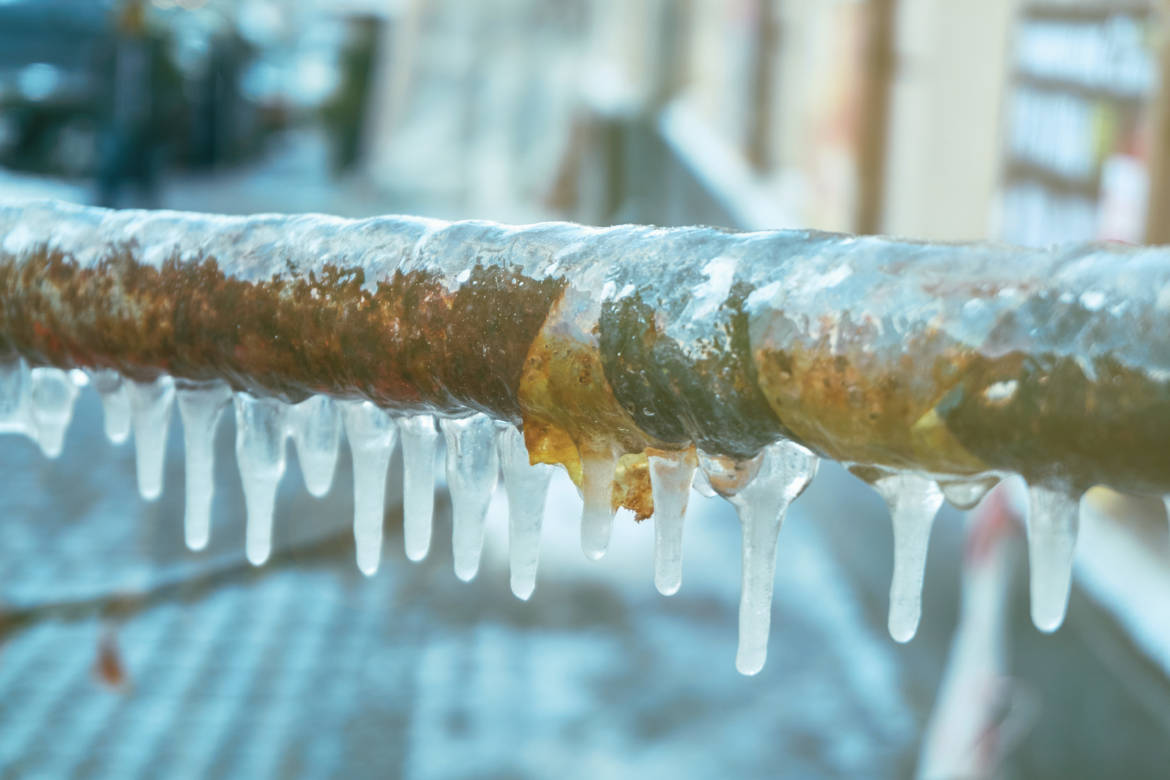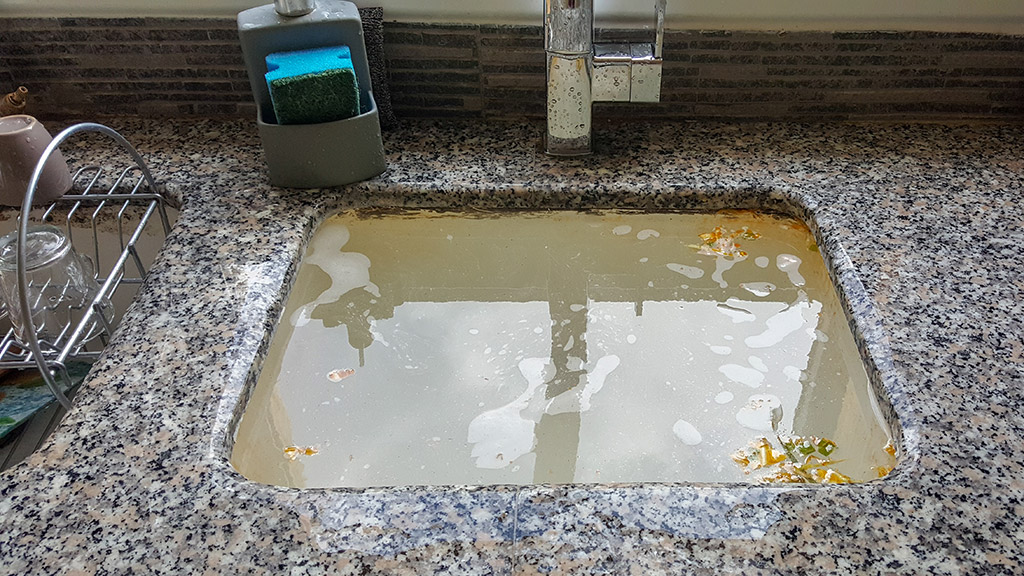Winter weather, and cold weather in general, can cause many troubles for residents throughout Connecticut. Homes in the area are vulnerable to certain plumbing issues during this season, causing panic as homeowners try to solve problems and protect their homes from damage. Many of the most common plumbing problems in winter can be avoided by simple maintenance, a thorough inspection, and proactivity in fixing small plumbing issues before they become major ones.
Common Winter Plumbing Problems
During the cold season, some plumbing system issues tend to pop up more frequently than others.
1. Frozen outdoor pipes
Water lines that supply outdoor spigots can freeze when not properly winterized. Because these lines don’t run into the home and typically go unused during winter months, devastating water damage can occur from burst pipes before a leak is ever noticed.
2. Frozen indoor pipes
Water supply pipes in the home can freeze during the winter months – those in uninsulated areas and along exterior walls are especially vulnerable. Frozen pipes can cause pipes to crack or burst, leading to major water leaks. One symptom you may notice if pipes freeze is a light flow of water from sinks and showers, or no waterflow at all.
3. Clogged kitchen drains
With holiday cooking and celebrations, kitchens get a workout, as do kitchen sinks. With more food waste being sent down garbage disposals, kitchen sink drain clogs are more likely to occur. To keep your kitchen sink in service throughout the winter, take care to prevent drain clogs and remove them quickly if they occur.
4. Water heater troubles
Water heaters often experience heavier loads during winter months, with homes filled with guests over the holidays. If your water heater struggles to keep up with demand or fails to deliver any hot water, repairs or replacement may be necessary.
5. Outdoor drain damage
During winter months, outdoor drains may freeze, causing damage. Plastic surface drains are vulnerable to breaking due to expansion and contraction as temperatures change. Avoid damage to these drains by taking good care of them when cold weather strikes.
6. Sump pump backup
During winter months, sump pumps can experience increased usage due to melting snow and ice. These systems may back up due to freezing or clogs.
7. Frozen septic lines or tank
Septic lines and tanks that are not well protected by soil coverage are vulnerable to freezing during periods of freezing temperatures. When freezing occurs in the main line that connects the home’s main drain line to the septic tank, the home’s drainage system can cease to work altogether. When septic tanks are full, contents can freeze and back up the system. Sewage leaks can occur, creating the potential for damage and water supply contamination.

8. Frozen well pump
Many homes in Connecticut use wells to supply water for use indoors. In the wintertime, well pumps may freeze, preventing the home from receiving any water. Deep well pumps aren’t likely to freeze because they sit so deeply in the well, but jet well pumps are prone to freezing due to their location in the home or basement and the need to hold water at all times.. The pump must be thawed right away to restore water to the home.
9. Basement floods due to snow melt
When temperatures warm up after a large accumulation of snow, melting has the potential to flood basements throughout Connecticut. Poor drainage and foundation cracks are likely issues that contribute to basement flooding due to melting snow.

Avoid Common Winter Plumbing Problems
We recommend scheduling a thorough plumbing inspection now so we can catch any small issues before they wreak havoc on your home when the cold winter weather really hits.
When any of these top winter plumbing problems occur, don’t wait to take action. If you need professional assistance to stop a leak, restore drainage, or solve sump pump problems, call Total Mechanical Systems for fast, reliable plumbing repairs. We are available to provide immediate response when you face a plumbing emergency.
Source: https://williamscomfortair.com/knowledge-center/top-9-most-common-winter-plumbing-problems/












